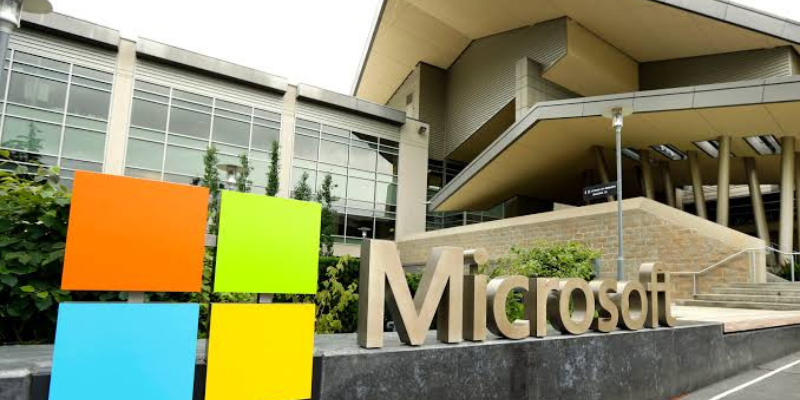Microsoft has announced its intention to construct a sprawling data centre campus in Kosmosdal, Centurion, South Africa.
In a move set to reshape Africa’s digital landscape, Microsoft has announced its intention to construct a sprawling data centre campus in Kosmosdal, Centurion, South Africa. This ambitious project marks a significant expansion of Microsoft’s cloud infrastructure footprint in the region, driven by the escalating demand for services such as Azure and Dynamics 365.
While still in the early stages of development, Microsoft has underscored the strategic importance of the new campus in its commitment to fostering digital transformation and facilitating the adoption of AI technologies across Africa. The company has expressed its eagerness to collaborate with local stakeholders in Centurion to ensure the sustainable development of the project.
The forthcoming facility represents the latest in a series of infrastructure investments by Microsoft in South Africa, a key market for innovation and growth. In 2019, the tech giant launched its first Azure data centres in Johannesburg and Cape Town, establishing the continent’s inaugural hyperscale public cloud. Last October saw the introduction of Azure Availability Zones, aimed at bolstering redundancy and resilience.
Moreover, Microsoft is actively exploring innovative energy sources for its data centres in Africa, including the potential integration of small modular nuclear reactors. To oversee this forward-looking strategy, the company recently posted a job listing for a Principal Program Manager of Nuclear Technologies.
Analysts estimate that Microsoft’s investment in data centres could range from $1 billion to $6.8 billion per country hosting its facilities globally. Given that South Africa currently hosts Microsoft’s sole data centre location in Africa, the country is likely to receive a substantial financial commitment with the establishment of the new campus.
According to Microsoft, the Kosmosdal data centre will enable the company to meet the growing demand for reliable, low-latency cloud services from organizations of all sizes. The introduction of Dynamics 365 and Power Platform availability in South Africa last year underscores Microsoft’s dedication to addressing the evolving needs of the local market. Industry reports cited by Microsoft indicate that over 48% of South African institutions are currently leveraging the cloud for digital innovation and transformation.
The establishment of regional data centres is particularly crucial in light of local regulations mandating in-country data residency, thereby facilitating access for new cloud consumers.
Microsoft’s cloud competitors, including AWS and Google Cloud, have also set their sights on South Africa for expansion, driven by the continent’s burgeoning demand for cloud services. Just this February, Google Cloud launched its first African region in Johannesburg.
As connectivity and technological advancement accelerate across Africa, Microsoft is positioning itself as the preferred cloud platform for developers, enterprises, and the public sector. With the new data centre campus in Kosmosdal, the company aims to differentiate itself based on performance, localization, and compliance, while also emphasizing its commitments to sustainability and community engagement.
While the Cape Town and Johannesburg facilities primarily serve southern Africa, the prospect of future data centres in other locations presents opportunities for further market expansion. With the Kosmosdal project, Microsoft is intent on maintaining its leading position as Africa undergoes rapid digitization.
